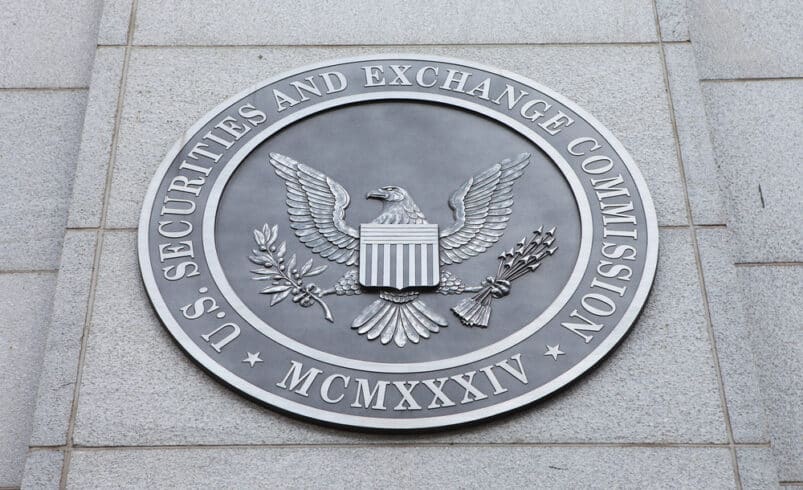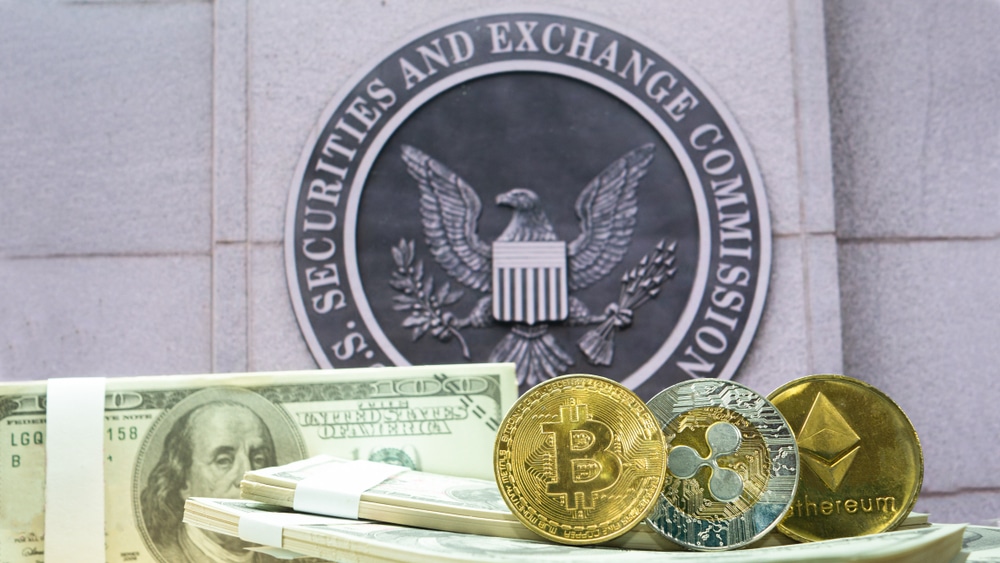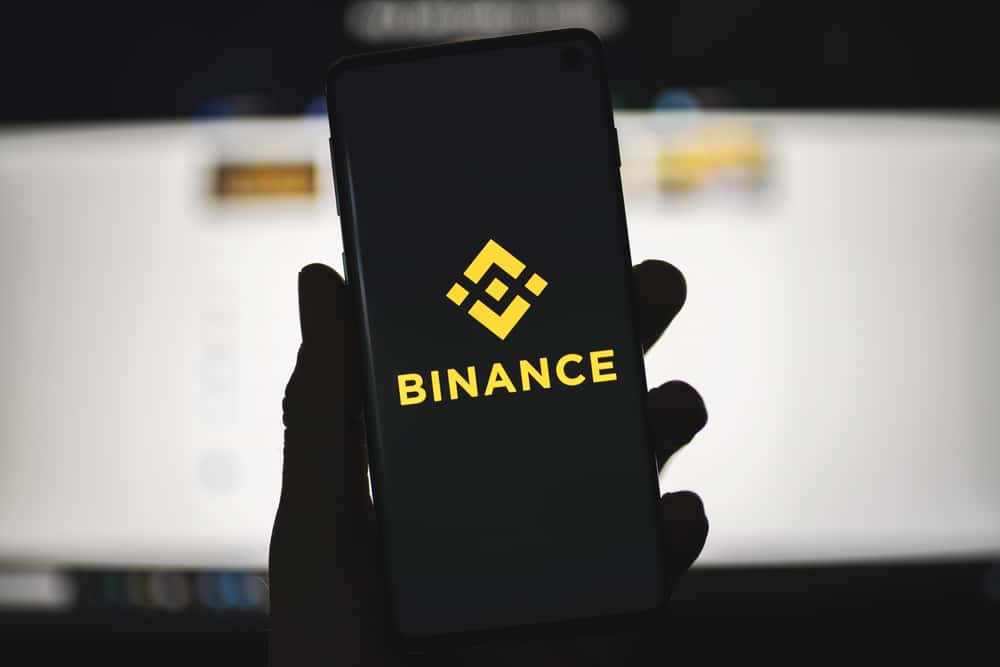Genesis to Pay $21M Penalty in SEC Settlement Case

As per a Cointelegraph report, the SEC charged the firm with misconduct associated with its Gemini Earn. The firm is said to make the $21 million payment after a final court order to settle the case in regard to its lending program with Gemini.
Controversial Gemini Earn Program
Genesis and Gemini are facing an unregistered security lawsuit from the SEC after launching the Gemini Earn program. This service allowed retail investors to lend cryptocurrencies for trading.
SEC Chief Gary Gensler issued a statement regarding the lawsuit on 19th March noting that the settlement will bring clarity for investors and firms regarding lending services and intermediaries to comply with security laws. The firms complying with security laws ensure safety for investors and promote market trust.
He retained that the idea was not optional but law. As part of the settlement deal, the SEC will receive a portion of the penalty payment after bankruptcy payments have been cleared. Furthermore, the accused firms in question are to prioritize settling outstanding payable claims from retail investors first.
The $21 million will conclude the SEC lawsuit against Genesis and Gemini open since January 2023. Embattled with the lawsuit Genesis suspended withdrawals in November 2022 when Gemini Earn was catering to 340K consumers and managing $900 million in AUM.
Gemini Exchange to Pay $37M as Part of Regulatory Case Settlement
The other firm facing an unregistered securities lawsuit from the SEC is also to pay $37 million in penalties on account of multiple compliance failures. Superintendent Adrienne Harris working for the New York State Department of Financial Services (NYDFS) noted in a recent statement that these transgressions threatened the safety and stability of the firm.
As per the settlement deal with NYFDS, Gemini will reimburse $1 billion among its consumers who signed up for the Gemini Earn Program through Genesis bankruptcy proceeding. If the bankruptcy court approves the settlement deal, Gemini Earn consumers will receive 100% of their cryptocurrency reserves restored plus appreciation payments.
The firm noted that they are set to return around $1.8 billion plus $700 million with to account for the halted withdrawals on 16th November 2022.
On the regulatory front, Coinbase has emerged as a triumphant crypto firm. A Cointelegraph article reported that District Judge Katherine Failla denied Coinbase’s request to dismiss the SEC lawsuit on 27th March.
However, the judge further took note of SEC’s failure to prove that Coinbase offered brokerage services via Coinbase’s self-custodial Wallet.
The Impact of Court Ruling Regarding Coinbase Wallet
Zach Rosenberg, general counsel of Ethena Labs noted that the remarks of the District judge are a remarkable victory for all browser-based wallet extensions, app UIs, and similar software. The legal expert noted that the Coinbase wallet showing token prices to its users does not prove its utility as a brokerage service via routing or showing recommendations.
Maria Tashman, legal head of Blockchain Association claimed that the court’s decision to pushback SEC overreach in regards to allegations on Coinbase is a positive change. Mike Selig from Willkie Farr and Gallagher noted that Coinbase wallet dismissal is a significant setback for the regulatory agency. He opines that the SEC intends to prevent the development of a P2P network.
The lawsuit has now shifted to the discovery phase. At this stage, Coinbase and SEC collected evidence for arguments. The SEC brought the lawsuit against Coinbase in June, 2023. The lawsuit purported 13 tokens listed on the exchange as unregistered securities.
Coinbase is also fighting against the federal regulator regarding allegations of operating as an unregistered trading platform and brokerage firm.
A Cointelegraph Magazine article recorded the legal opinion of crypto legal expert James Murphy. He told the journalist that Coinbase is going to win the SEC lawsuit. He claimed that the SEC has stretched the case by trying to prove that tokens traded on secondary markets are investment contracts, which is incorrect since there is no investment contract between exchange and investors.












